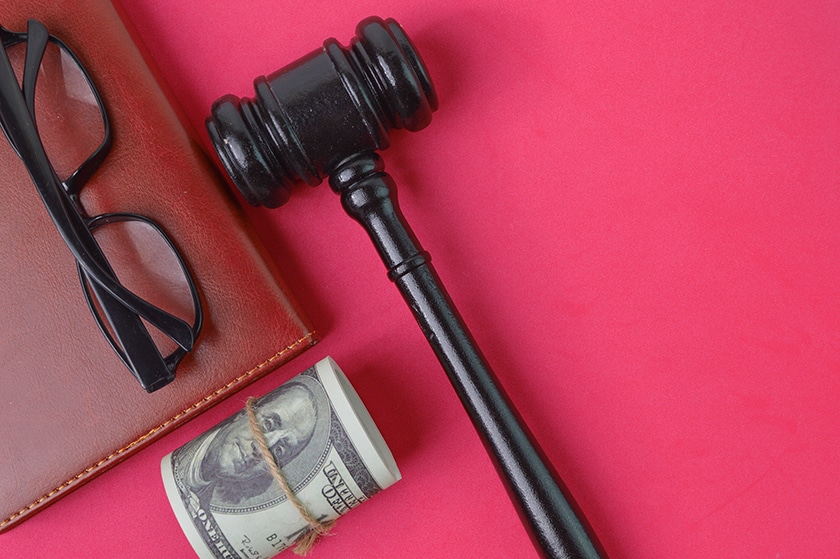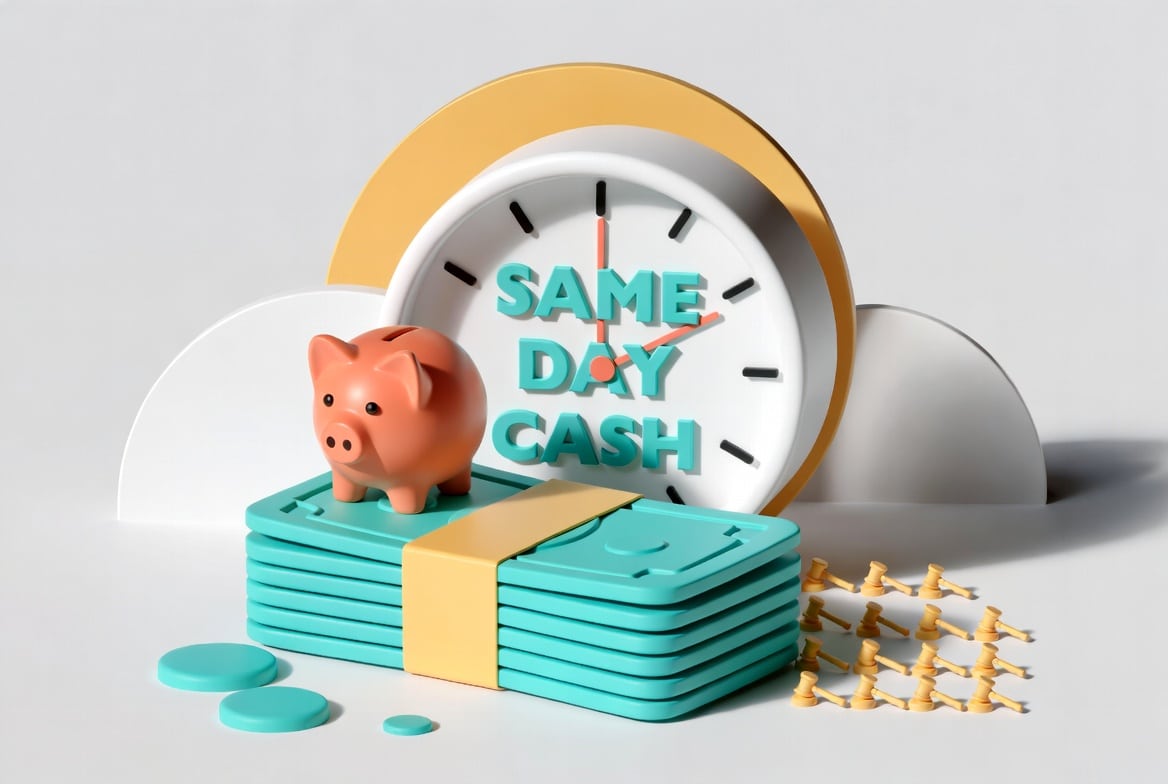If you recently won a settlement for your case, you may be eagerly awaiting your payout. However, getting a settlement check is much more than just a simple transfer of funds. Here’s what you need to know to ensure you receive your compensation smoothly and make the most of it.
Here we will cover:
- What Is a Legal Settlement in a Lawsuit?
- What Are the Steps to Receive a Settlement Payout?
- Tax Implications of Your Settlement Payout
- Should I Get a Structured Settlement or a Lump Sum Payout?
- Strategies for Managing Your Settlement Funds Wisely
What Is a Legal Settlement in a Lawsuit?
A legal settlement is a financial agreement between the parties to end the litigation without going to trial. It usually involves payment from the defendant to the plaintiff. Settlement negotiations can take place at any time during the pre-trial process, although they are most often achieved (outside of court) once enough evidence has been collected and assessed by both sides. A settlement check will cover any negotiated damages to cover physical, emotional, or economic losses due to the injury in a personal injury case.
What Are the Steps to Receive a Settlement Payout?
The steps to receiving a settlement payout are pretty simple once you and your attorney have settled the case with the other party. First, your attorney and the defendant will file paperwork with the court for an Order of Settlement that proves both parties agree to the terms of the settlement. Once this is accepted, your personal injury attorney will work on obtaining your check, usually in a matter of days up to three months. Then, you’ll be asked to sign the release form so they can be prepared to send you the money, and often, these checks are mailed directly to your attorney’s office. Once received, your attorney will place the check into an escrow account.
Once a settlement check is deposited in your attorney’s account, he or she will address all your liens prior to distributing any settlement to you. Liens can come in many forms, including medical liens, creditors, bankruptcy, taxes, or any other entities that may have a legal right to a portion of the settlement money. Depending on the size of your liens, this payment process can take a few weeks or even months. Fortunately, you can stay up to date by contacting your personal injury attorney about the status of any liens that need to be paid off. After the liens are taken care of and all lawful deductions are made, you can typically receive your settlement funds within two to three weeks.
Tax Implications of Your Settlement Payout
Different types of settlements are taxed differently, so when you receive a settlement check, make sure you understand how the Internal Revenue Service (IRS) views the payment. A settlement check received as compensation for personal physical injury is generally non-taxable. However, if you receive a settlement check in regard to lost wages, then you may be required to pay taxes on that income.
Should I Get a Structured Settlement or a Lump Sum Payout?
Deciding whether to get a structured settlement or a lump sum payout can be difficult. Essentially, a structured settlement is a series of payments over time, while a lump sum payment gives you all your money upfront. Ultimately, this choice comes down to evaluating your individual financial needs and goals to determine which option best serves you. The best thing to do here is to consult with a financial advisor to help you determine which choice would benefit your future.
Strategies for Managing Your Settlement Funds Wisely
Managing your settlement funds can be a challenge, but it doesn’t have to be. A smart strategy for managing the funds you receive from a settlement is to plan ahead, work out a budget, and set priorities. Consider saving some of the money and investing it in something that will generate more income, such as an individual retirement account or other investments. An emergency fund is also necessary, especially at a time when inflation keeps increasing. Additionally, take advantage of approaching financial professionals who can provide invaluable advice
The Takeaway
Everyone’s financial situation is unique, but there are some general key points to remember if you want to use your funds wisely. First and foremost, you should take the time to understand every step of the settlement process thoroughly and follow your attorney’s advice when settling your case, including knowing all the liens that need to be paid. Secondly, you should carefully consider the tax implications once you receive your settlement money, as this may have an effect on how much you will receive. Lastly, create a plan to manage your settlement funds wisely—including creating short-term goals and investing in long-term growth funds—in order to truly maximize the value of your settlement over time.
All of these actions converge to form a larger picture that will shape the future of the compensation you receive.
Need settlement funding? Apply for cash today.









